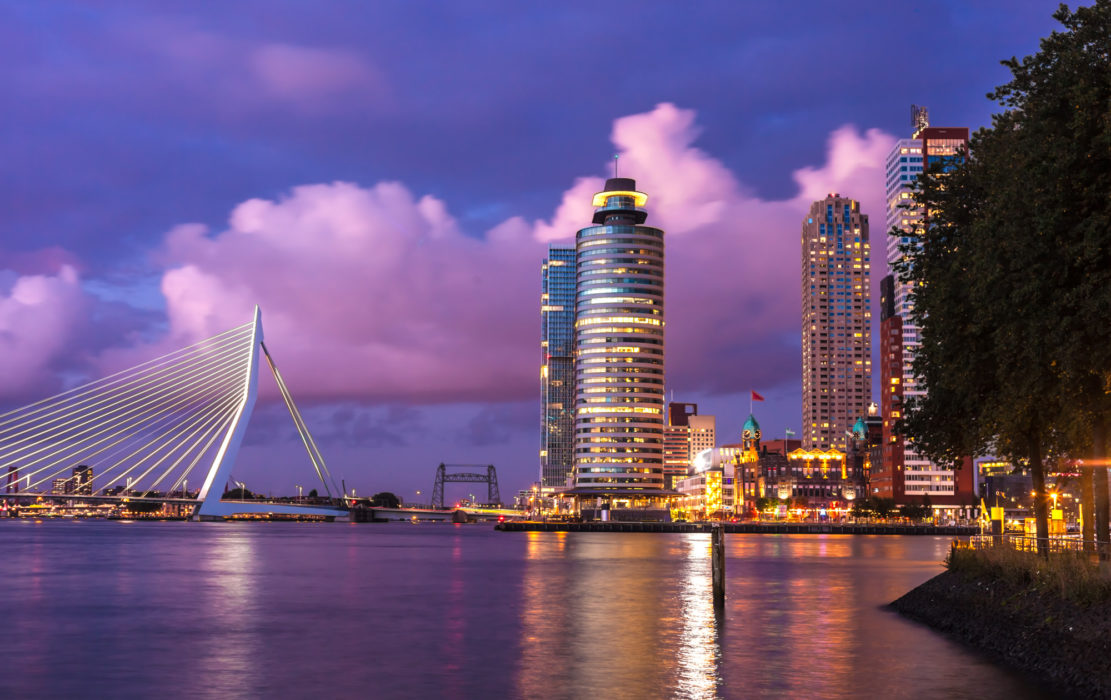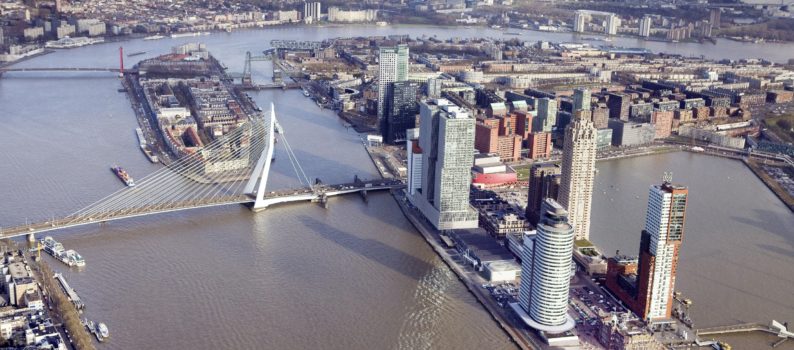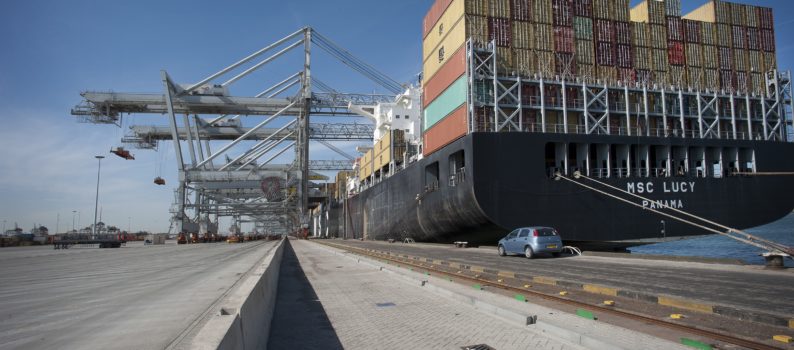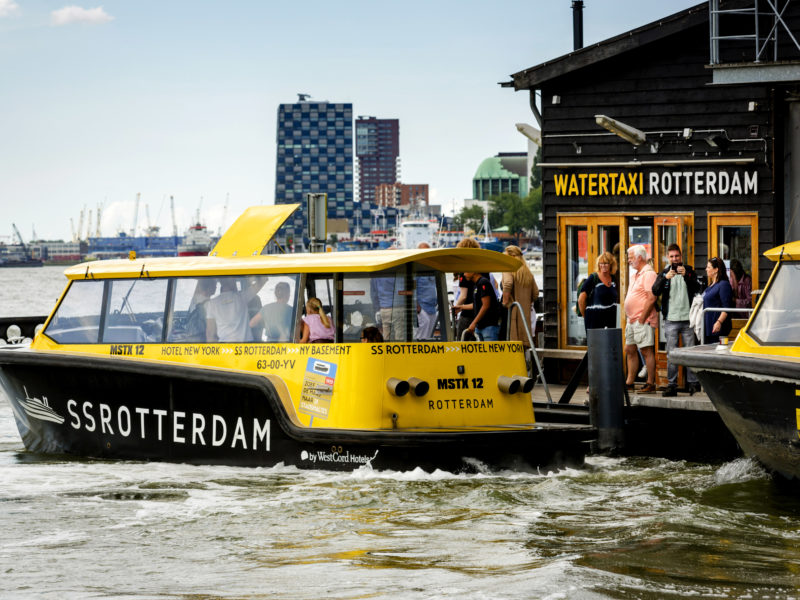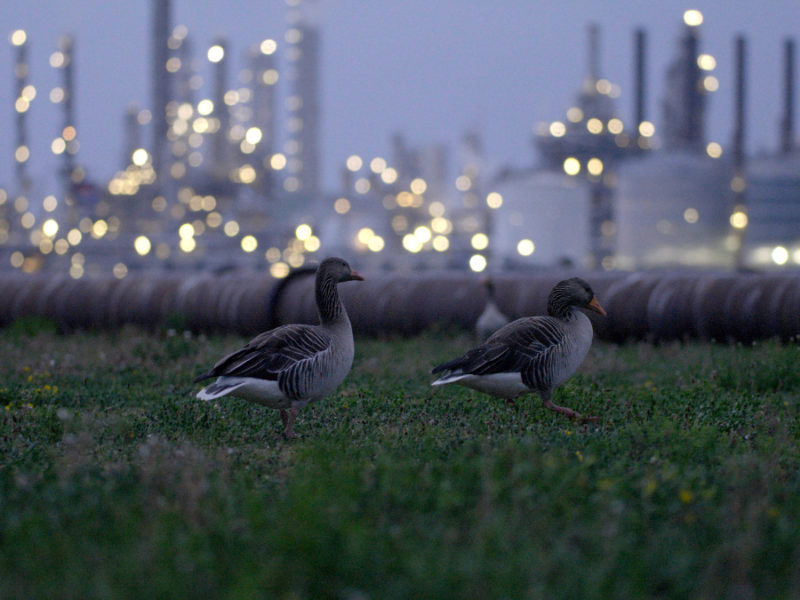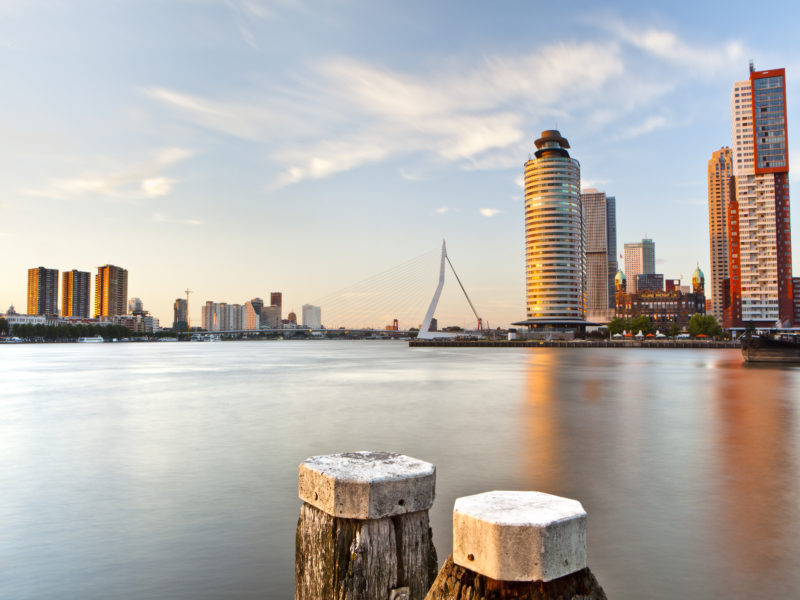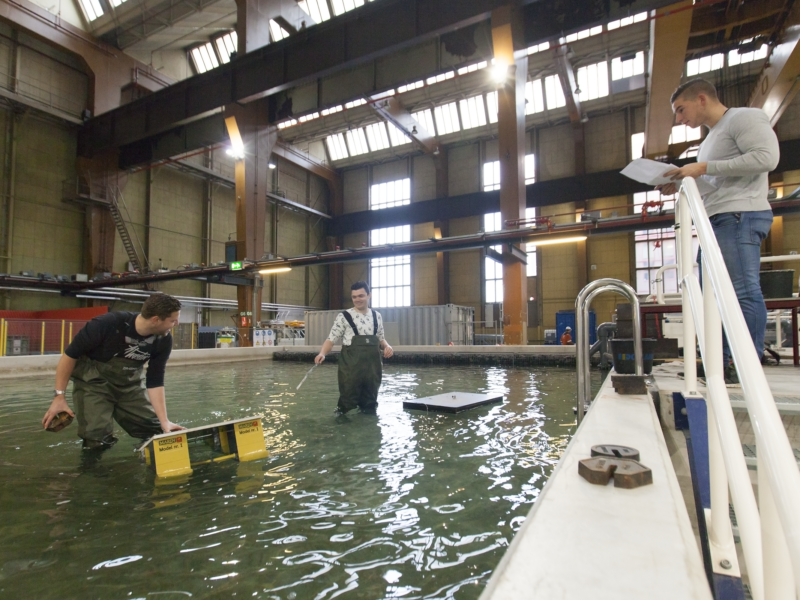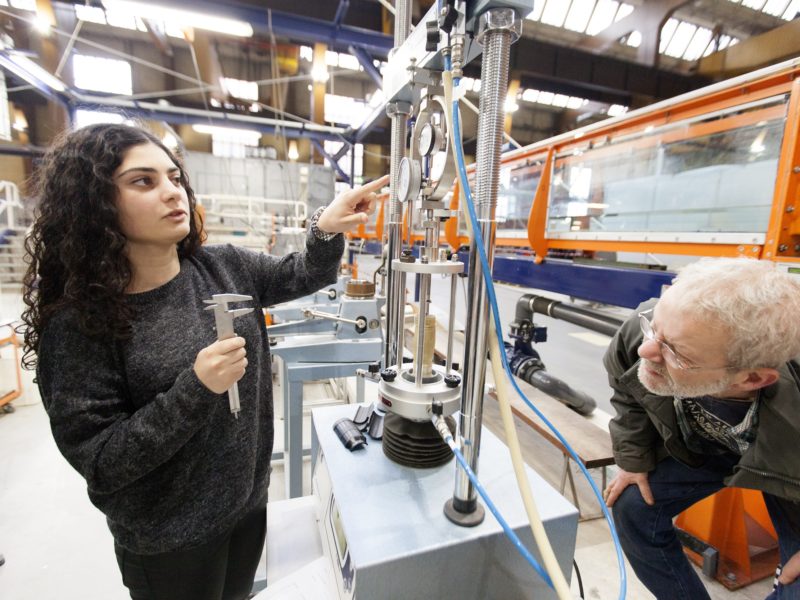The objective of the Port of Rotterdam Authority is to enhance the port’s competitive position as a logistics hub and world-class industrial complex. Not only in terms of size, but also with regard to quality. The Port Authority is therefore leading the transition to sustainable energy and it is committed to digitalisation in order to make the port, and the supply chain, more efficient. The core tasks of the Port Authority are to develop, manage and exploit the port in a sustainable way and to deliver speedy and safe services for shipping.
Ambition
Our ‘Make It Happen’ ambition is to inspire companies, residents, students and tourists and to help them realise their own ambitions – here, in Rotterdam. Take start-ups, for example: we offer them all sorts of opportunities to introduce their innovations in the port and the city. Younger and older ‘port talents’ can develop their skills during a traineeship or job. And port enthusiasts and tourists only have to board the FutureLand Ferry to see all the new and exciting developments in our port first-hand.
Our ambitions extend far beyond the World Port Center, our head office. When it comes to realising our goals, we are grateful for the support of our ‘Make it happen’ partners, local residents, companies and students. Together, we dedicate ourselves to the key themes for today’s city and port, including innovation, the energy transition, digitalisation, sustainability, safety and accessibility. The result? A city and a port of which everyone can be – and remain – immensely proud.
Facts and figures for the Port Authority and the Port of Rotterdam
- Port Authority: 1,200 employees, turnover approx. € 710 million
- Port area: 12,500 ha port area (land & water, of which ca. 6,000 ha industrial sites). The port area is more than forty kilometres long.
- Employment: 385,000 jobs. Goods throughput: approximately 470 million tonnes of goods per annum.
- Shipping: approximately 30,000 ocean-going vessels and 100,000 inland vessels per annum.
- Added value: (direct and indirect): €45,6 billion, over 6,2% of GDP
